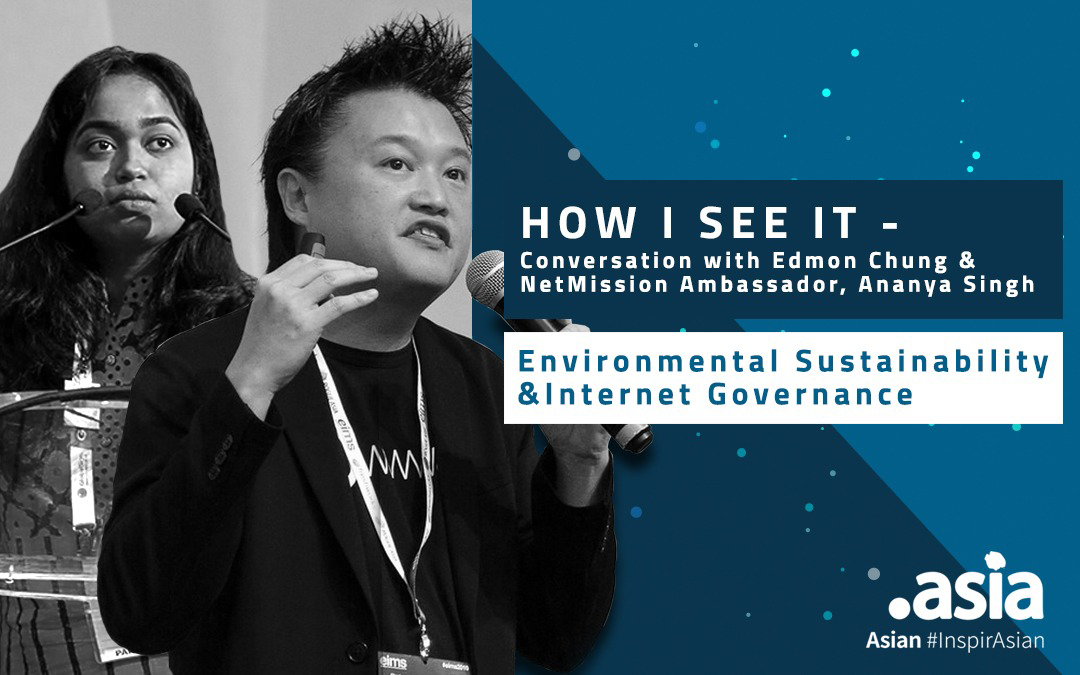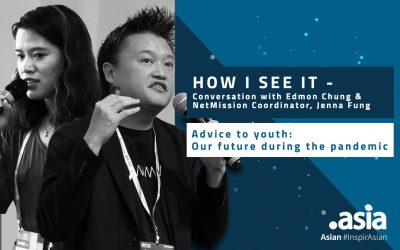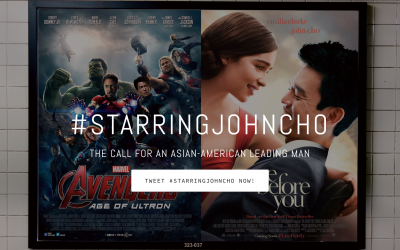“Sustainable development is development that meets the needs of the present without compromising the ability of future generations to meet their own needs.”
Sustainable development has been a focus of international public policy since the Earth Summit in 1992. It identifies three core objectives for human development – economic growth, social inclusion, and environmental sustainability. Only by pursuing these together can the world achieve development that meets the needs of the present without compromising the ability of future generations to meet their own needs.
At DotAsia, sustainable development is what our Ajitora project (www.ajitora.asia) is all about. Aji, as we call him, is a cyber-tiger born from the Internet. He is a personality character for DotAsia and has a mission to save tigers, a wildlife symbol of Asia. His work focuses on advocacy and education, explaining to people how the Internet is impacting our biosphere and how the Internet and netizens can join together in a movement to contribute positively, from biodiversity to sustainable jobs and empowerment, from the web online to the web of life.
In this post, DotAsia Organisation CEO, Edmon Chung, sits down with NetMission ambassador, Ananya Singh — a Women Deliver young leader who has also been associated with UNEP for gender equality, and Samsung Engineering as the Eco-Generation Ambassador for South Asia for five years.
“We should be mindful of what is actually powering the Internet today and make a conscious effort to transition to cleaner energy. “

Ananya:
How does the Internet impact our environment?

Edmon:
When we think of the Internet, we often think of a virtual world in cyberspace, but that network still has physical infrastructure behind it, and these machines and network’s carbon footprint is growing. COVID 19 has shown us that remote work, online education, and online everything will make us depend a lot more on the Internet.
It is good news that our network held up even as traffic surged with the pandemic, it is a testament to the resilience and scalability of the network infrastructure, but we should be mindful of what is actually powering the Internet today and make a conscious effort to transition to cleaner energy. It is true that without the Internet, we would leave much more carbon footprint. But that should not deter us from shifting to more sustainable energy sources for powering the Internet itself.
With the adoption of the Sustainable Development Goals (SDGs) at the United Nations, the 4th and 5th Ps were added to the original three – adding to people, profit, planet, is partnership, and peace, which I see as policy. It simply boils down to the concept of interdependence, the fact that our actions, collectively or on its own, affect everyone.

Ananya:
Ananya: Although the energy needed for a single Internet search or email is small, approximately 4.1 billion people, or 53.6% of the global population, now use the Internet. Those scraps of energy, and the associated greenhouse gases emitted with each online activity, can add up. What is the environmental impact of our daily Internet habits?

Edmon:

Ananya:
Yes, hardware production also requires a lot of energy, even if it is easier not to think of the blights of e-waste whenever we buy a new gadget. All in all, the energy consumption of the Internet is enormous.
If the Internet were a country, it would be the sixth-largest in the world based on the energy it uses, ahead of Germany, and a little shy of Russia. It is responsible for approximately a billion tons of CO₂ emissions per year, with coal representing the largest share of the energy mix for many of the world’s data centers. This puts the carbon footprint of the Internet at approximately the same level as global air travel. Is there any change of habits you would advise users consider to lessen the Internet’s carbon footprint?

Edmon:

Ananya:
Any policy recommendations on how the Internet can facilitate the achievement of environmental sustainability?

Edmon:
We live in a world of interdependence, especially for the governance of the Internet and the environment, both of which know no boundaries. Problematic policies in one jurisdiction spill over to other jurisdictions. As in the Internet, I believe we need a global multi-stakeholder model to address environment sustainability. The UN, and its government driven model was put in place at a time when global coordination was infeasible, but the Internet changed that. Governments are designed to have national interests as their priority. It is precisely that government representatives are doing their job that the global public interest may be compromised if left to a government only model.
Simply leaving it to corporations and multinationals is equally problematic. By definition, their nature is to focus on customers and profits. What we need is a multistakeholder model where governments are one of the stakeholders but not the only stakeholder in the driver seat for the global public interest to be realized. ICANN is a good example, even as it continues to require improvement. It would be great if we could have an ICANN for the environment and other aspects of global public policy development.
This.Is.Asia Newsletter Issues

AAPI Heritage Month: Interview with Tommy Ho
Asian American heritage is about inclusion. It’s a description that cuts a wide cloth across a vast array of cultures and peoples, and it’s important to celebrate the similarities and differences. I see that diversity represented within GoDaddy’s Employee Resource Group (ERG), and GoDaddy Asians are growing. Especially during these unpredictable times, our sense of belonging that we feel through our groups help to boost mental and physical health.

AAPI Heritage Month: Interview with Jacqueline Daly
To me, AAPI Heritage Month is a great time to reflect and celebrate my Asian heritage and all the family traditions that have made my life so culturally rich. I am very proud to be an Asian American. I think this is a great opportunity for communities to come together and learn about our diverse stories through a more inclusive lens.

AAPI Heritage Month: Interview with Mou Mukherjee
In some ways, I abandoned my culture when I was young because I was trying so hard to fit in. My parents were, and still is very cultural. Growing up, there was always Indian music playing, our house was full of Bengali literature, my Dad’s hero was poet Rabindranath Tagore, and he also loved the films of Satyajit Ray. I was surrounded by culture and yet I couldn’t fully embrace it at the time.

AAPI Heritage Month: Interview with Zhou Fang
I am an immigrant from Guilin, China. In 2010, I moved to the U.S. for grad school. After graduating from Kansas State University (Go Cats!) I moved to Oregon and have been living in Portland for the last 9 years.






